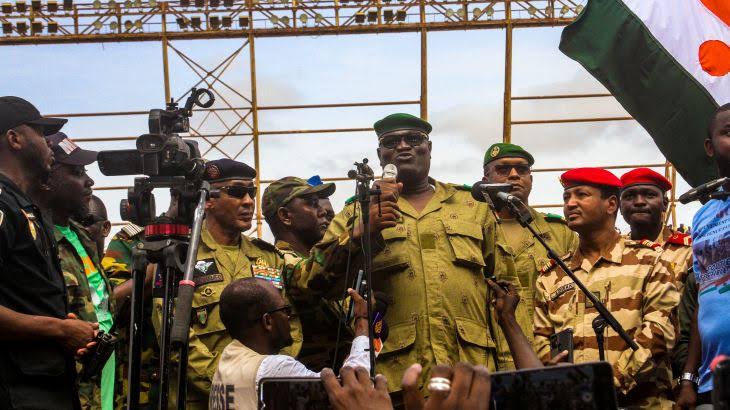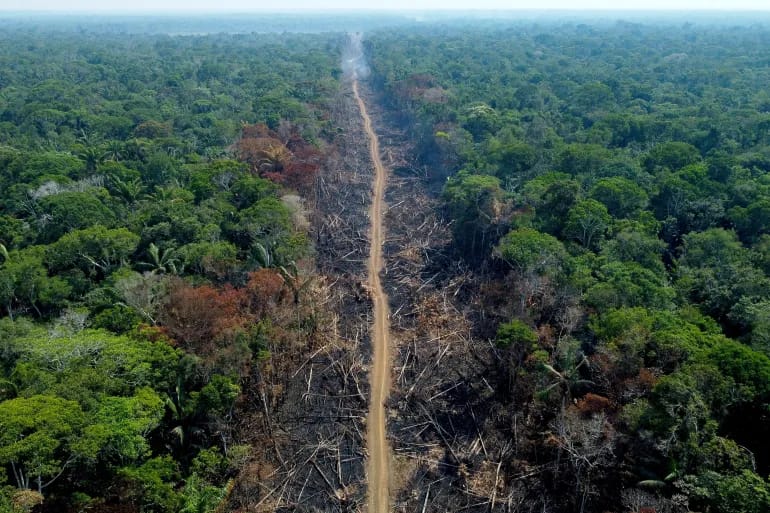Amidst the political turmoil that has engulfed Niger following a recent coup, a senior United States diplomat embarked on a challenging mission to the country, advocating for the restoration of democratic rule. Victoria Nuland, the US’s acting deputy secretary of state, held forthright and challenging discussions with military leader Moussa Salaou Barmou and his colonels in the capital, Niamey. This diplomatic visit marked the first US involvement since the coup occurred on July 26, adding another layer of complexity to an already tense situation.
Negotiations Met with Firmness:
In the heart of Niger’s capital, Niamey, Victoria Nuland engaged in frank discussions with the leaders of the recent coup, striving to persuade them to embrace democratic norms and respect the constitutional order. These conversations, described by Nuland as “difficult,” presented an arduous endeavor as she sought to establish common ground and encourage a path toward stability. The coup leaders remain steadfast in their intent, which, as Nuland asserted, “does not comport with the Constitution of Niger.” Her candid assessment underscores the uphill struggle of her mission.
Unyielding Commitment to a Way Forward:
Despite the formidable challenges, Victoria Nuland reasserted the United States’ unwavering dedication to a negotiated resolution. The call for the coup leaders to return to Niger’s “constitutional order” reverberated through her words, underlining the key phrase that encapsulates the essence of her mission. The US stands prepared to provide assistance if the restoration of democratic governance is pursued.
Global Pressure for Restoration:
The global spotlight has intensified as the international community demands the prompt reinstatement of President Mohamed Bazoum. The African regional bloc, ECOWAS, imposed sanctions on Niger and even raised the specter of military intervention if constitutional order isn’t restored. However, the deadline for action elapsed without concrete steps. The National Council for the Safeguard of the Homeland, the coup authorities, fortified their position, shutting down the country’s airspace in preparation for potential conflict.
International Diplomacy Takes Center Stage:
Amidst these complexities, the United States remains deeply engaged, aligning its efforts with ECOWAS. The suspension of aid, excluding humanitarian assistance, serves as a poignant gesture that underscores the gravity of the situation. The withheld aid, valued at over $100 million, could potentially be reinstated if the coup leaders yield to international pressure and return the country to a democratic trajectory.
Future Awaits ECOWAS Decision:
As the crisis escalates, ECOWAS, comprising 15 nations, is set to convene an emergency meeting to deliberate on the pressing issue. The world watches with bated breath as these discussions hold the potential to shape Niger’s destiny. The coming days may unveil a clearer roadmap towards resolution or a further entrenchment of the status quo.
Victoria Nuland’s journey to Niger symbolizes the global struggle to reinstate democratic governance in the wake of a coup. As key phrases like “constitutional order” echo through diplomatic corridors, the United States’ involvement underscores its commitment to stability in the region. The next steps hinge on the collective efforts of nations and regional entities, as they navigate the intricate terrain of Niger’s political landscape.
















